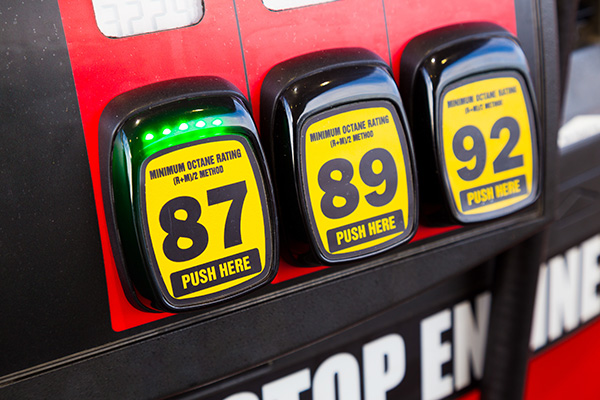
Filling up at the gas station should be simple—pull up, select your fuel type, and start pumping. But what if you accidentally choose the wrong gas? Whether it’s putting regular in a car that requires premium or mistakenly filling up with diesel, the wrong fuel can lead to anything from mild performance issues to severe engine damage.
If you’ve ever found yourself wondering what happens when the wrong gas goes into your vehicle, understanding the risks and knowing what to do next can save you from costly repairs.
Using Regular Gas in a Car That Requires Premium
Many performance and luxury vehicles require premium fuel (usually 91 or 93 octane) because their engines are designed for higher compression ratios. If you accidentally use regular unleaded (87 octane) in one of these cars, it might not cause immediate damage, but it can lead to reduced performance, knocking sounds, and long-term wear on the engine.
Modern vehicles have knock sensors that adjust timing to prevent damage, but using lower-octane fuel in a premium-required vehicle all the time will lead to engine inefficiency over time. If it happens once, you’re likely fine—just refill with premium at your next stop. However, if your car specifically states "premium required" (not just "recommended"), it's best to avoid using lower-grade fuel altogether.
Putting Diesel in a Gasoline Car
This is one of the worst fueling mistakes you can make. Diesel fuel is thicker and does not ignite the same way as gasoline, so putting diesel in a gas-powered car can clog fuel injectors, damage the fuel pump, and prevent the engine from running.
If you realize your mistake before driving, do not start the car. Diesel needs to be completely drained from the system before any damage occurs. If the engine is started, the fuel system may require extensive cleaning or replacement, leading to a costly repair bill.
Using Gasoline in a Diesel Vehicle
Gasoline engines and diesel engines operate very differently. Diesel engines rely on compression ignition, while gasoline engines use spark plugs. If gasoline is added to a diesel vehicle, it reduces lubrication in the fuel system, damages fuel injectors, and can cause complete engine failure.
While a minimal amount of gasoline might not cause immediate damage, it can still harm a diesel engine's components and affect its performance. It's essential to address such situations promptly to maintain the engine's health and longevity.
What to Do If You Put the Wrong Fuel in Your Car
If you’ve already started driving, pay attention to how the car is behaving. Hesitation, stalling, rough idling, or warning lights are signs that the fuel is causing problems. If the car runs normally, simply refueling with the correct gas at your next stop should correct the issue.
However, if you put diesel in a gas car (or vice versa), turn the engine off immediately. Continuing to run the vehicle will only push the wrong fuel deeper into the system, increasing repair costs. In these cases, a full fuel system drain and flush is necessary before the vehicle can be safely driven again.
Not sure if the wrong fuel caused damage? Let Complete Automotive Repair Specialists check your engine and fuel system before problems arise. Book your service now!